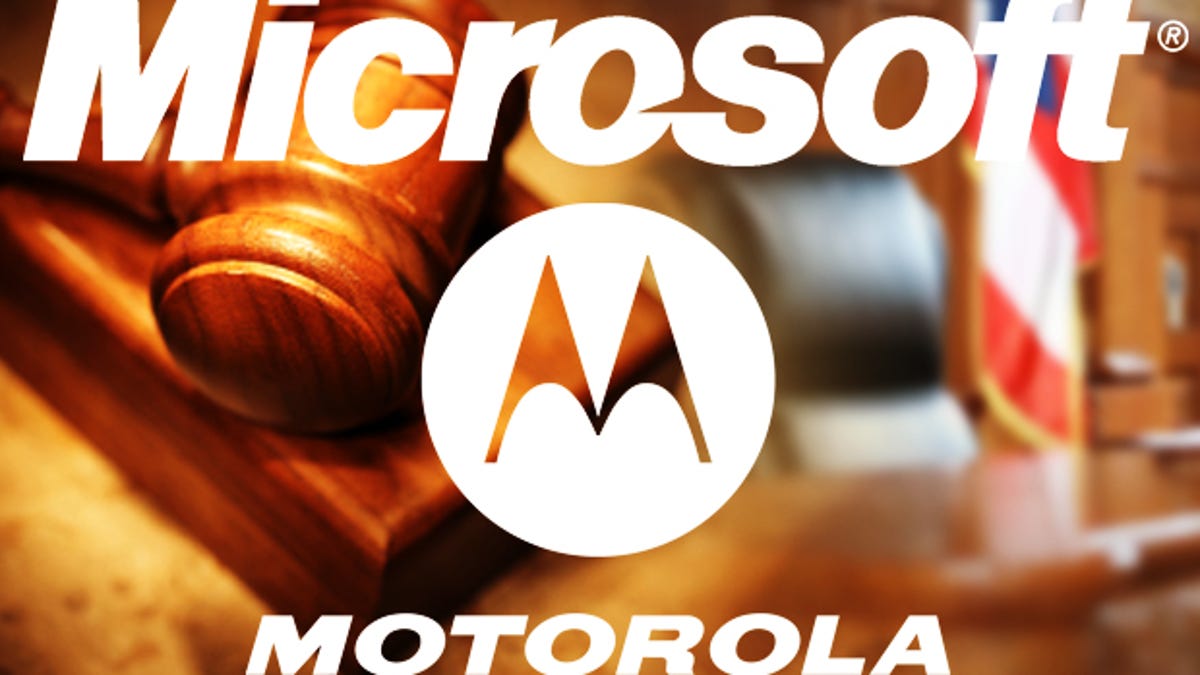Court sides with Microsoft over Motorola patents used in Xbox
Judge determines Motorola is entitled to $1.8 million in royalty rates for patents used in Xbox -- not the $4 billion it had sought.

In a closely watched case, a federal judge has determined that Motorola is entitled to millions -- not billions -- of dollars in compensation for Microsoft's use of certain standard-essential patents.
U.S. District Judge James Robart ruled Thursday that Microsoft should pay Google's Motorola Mobility unit $1.8 million a year in royalties for use of wireless and video coding patents it used in the Xbox and its smartphones.
Motorola had demanded Microsoft pay royalties of $4 billion for use of patents that are part of the H.264 video and 802.11 wireless standards, which is baked into Windows and the Xbox video game console. Microsoft was willing to pay a royalty, but not at the 2.25 percent of the product price that Motorola has sought.
In his 207-page ruling (see below), Robart determined a specific RAND (reasonable and non-discriminatory) royalty rate and a RAND royalty range for these portfolios, noting that "more than one rate could conceivably be RAND." He found that Motorola was entitled to 0.555 cents for each end product sold for use of its H.264 standard-essential patents (SEPs), placing the upper bound at 16.389 cents per unit.
For Motorola's 802.11 SEP portfolio, Robart decided that 3.471 cents per unit was the appropriate royalty for Xbox products, with a lower bound of 0.8 cents for other Microsoft products using the standard.
"This decision is good for consumers because it ensures patented technology committed to standards remains affordable for everyone," Microsoft Deputy General Counsel David Howard said in a statement.
Motorola declined to comment on the ruling but defended its patent-licensing track record.
"Motorola has licensed its substantial patent portfolio on reasonable rates consistent with those set by others in the industry," a Motorola representative said.
The case began in 2010 when Microsoft sued Motorola, claiming that Motorola was charging excessive royalties for licensing on the patents. Motorola retaliated with a countersuit, claiming infringement of 16 of its patents by Microsoft's PC and server software, Windows Mobile, and Xbox products.
The case is expected to have broad ramifications for patent law. The two companies had argued over what constitutes fair, reasonable, and nondiscriminatory terms -- known to patent lawyers as FRAND -- that patent holders can charge for standard-essential patents. This case could help establish a framework for what patent holders can reasonably charge for use of their essential technology.

